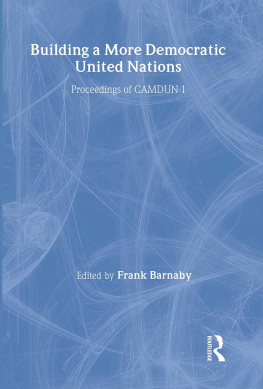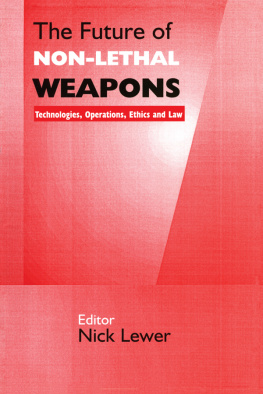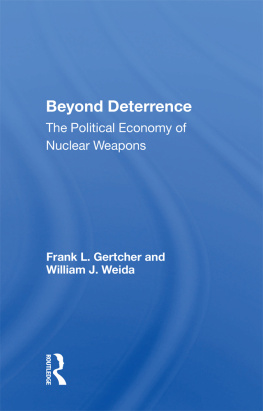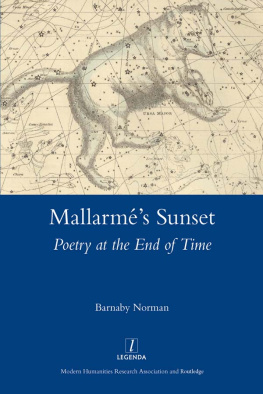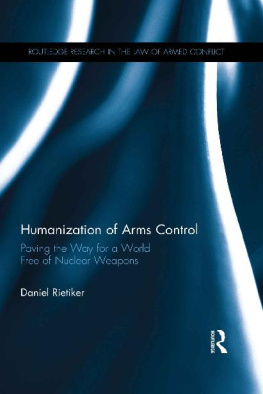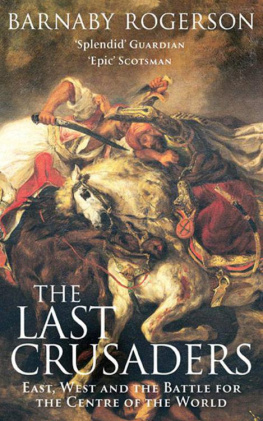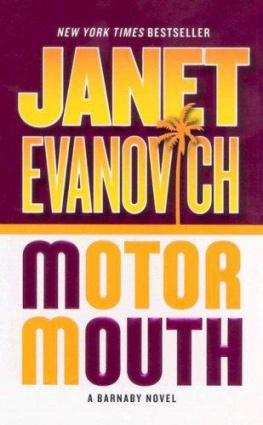THE OPERATIONAL LEVEL OF WAR
Edited by Michael Krause, Deputy Chief of the US
Army Center for Military History, and Andrew
Wheatcroft
The Operational Level of War series provides for a theory of armed conflicts in the present and the immediate future. Unlike many theories, it is not rooted in abstractions but in the practice of war, both in history and the immediate past.
The books in the series all contribute to the clearer understanding of the potentials and the dangers of war in the 1990s.
The key contribution of the operational theory of war is to provide a link between strategy and tactics, a connection which is of unique importance in modern warfare.
Titles already published in the series include:
THE FRAMEWORK OF OPERATIONAL WARFARE
Clayton R.Newell
UNHOLY GRAIL
Larry Cable
Forthcoming titles include:
MILITARY INTERVENTION IN THE 1990s
Richard Connaughton
THE SCIENCE OF WAR
Back to first principles
Brian Holden Reid
First published 1992
by Routledge
11 New Fetter Lane, London EC4P 4EE
This edition published in the Taylor & Francis e-Library, 2003.
Simultaneously published in the USA and Canada
by Routledge
a division of Routledge, Chapman and Hall, Inc.
29 West 35th Street, New York, NY 10001
1992 Frank Barnaby
All rights reserved. No part of this book may be reprinted
or reproduced or utilized in any form or by any
electronic, mechanical, or other means, now known or
hereafter invented, including photocopying and
recording, or in any information storage or retrieval
system, without permission in writing from the
publishers.
British Library Cataloguing in Publication Data
Barnaby, Frank
Role and Control of Weapons in the 1990s
I. Title
Library of Congress Cataloging-in-Publication Data
Barnaby, Frank.
The role and control of weapons in the 1990s/Frank Barnaby.
p. cm.
Includes bibliographical references and index.
1. Military readiness. 2. EuropeDefenses. 3. Arms control.
I. Title.
UA10.B37 1992
355.0330049dc20 929373
ISBN 0-203-16831-3 Master e-book ISBN
ISBN 0-203-26350-2 (Adobe eReader Format)
ISBN 0-415-07673-0 (Print Edition)
INTRODUCTION
The revolutions which ended communist rule in eastern Europe and the Soviet Union at the end of the 1980s were peaceful processes. The establishment of new orders in these countries during the 1990s will almost certainly be a much more violent process.
The transformation of the Soviet Uniona one-party state with a failed economic systemto the Commonwealth of Independent States a collection of independent, politically pluralist republics run as market economiesis the most ambitious political task undertaken in the past hundred years. But the move from communism to democracy is unlikely to be carried through peacefully everywhere.
Moves to democracy are a reason for optimism because history shows that democratic states are the least likely to go to war against each other. It is, therefore, encouraging that democracy and the rule of law are also spreading in the Third World.
Some European neighbours may feel threatened by events in the former Soviet Union. But the military threat to western Europe has essentially disappeared with the reunification of Germany, the collapse of the Warsaw Pact and the disintegration of the Soviet Union.
Old threats to European security have disappeared, but new ones are emerging. They arise from: nationalism, resulting in numerous nationalist tensions in Europe and the former Soviet Union; the risk of the escalation of war in other regions, including the Middle East, and the Indian sub-continent; the spread of chemical, biological and nuclear weapons and missile technology to unstable regions; and global problems, such as environmental degradation, world population increase, the debt crisis, and the poverty gap and north-south tension.
The solution of global problems will require the investment of considerable amounts of money and, more important, the skills of many scientists and engineers. These financial and manpower resources can be most easily taken from the military. Many hope, therefore, that some of the current reductions in the resources given to the military will be diverted to assist, and make sustainable, the development of Third World countries.
During the Cold War enormous sums of money were given to the military-industrial complex. In the 1950s, for example, annual world military expenditure was typically thirty times more, in real terms (to take inflation into account), than annual world military expenditure in the decade before the Second World War. During the last twenty-five years of the Cold War, 196590, world military spending increased, in real terms (1990 prices), from about $560,000 million to about $950,000 million.
Military budgets are now falling, although at a rather modest rate. A real reduction in world military spending of about 5 per cent a year can be reasonably expected for the next few years.
But spending on military research and development is not decreasing. Nor is it likely to do so in the foreseeable future. In fact, it may well increase. So far as Third World development is concerned, this is most depressing.
Currently, the funds given to military science amount to about $100,000 million a year. More than 500,000 research scientists and engineers (about 20 per cent of the world's research scientists and engineers) are engaged full-time in developing weapons. Unless a large fraction of these professionals is diverted to the solution of Third World problems, it is very hard to see how these problems can be solved.
The fast-changing face of Europe raises many security issues, regional and global, and requires new security arrangements. Is eastwest dtente here to stay? Will new enemy images be formed? Now that the Americans have achieved their historical goalof being the only global superpowerhow will they use their power?
How will European defence be organized in the future? What structures are appropriate for European defence? Will America be prepared to stay in Europe under European leadership or must it dominate?
What relations should evolve between the various European institutionsNATO, the Western European Union, the Conference on Cooperation and Security in Europe, and so on? Can a pan-European defence be evolved?
New military technologies are giving the military unprecedented capabilities. What options do they offer for military postures? Is non-offensive defence the optimum military policy for many countries?
If there is to be a new world order, there must, it is generally assumed, be some control of the arms trade. How large is the global arms trade? What are the prospects for controlling it? Why do countries buy and sell weapons?
A major threat to global security is the proliferation of ballistic missiles to Third World countries. This threat will be considerably enhanced if ballistic missiles fitted with nuclear, chemical or biological warheads spread. Can effective regimes be established to control the spread of ballistic missiles and of weapons of mass destruction?
How seriously should we take the risk that sub-national groups, including terrorists, will acquire weapons of mass destruction? How easy is it to make a nuclear explosive? Could terrorists effectively make and disperse chemical nerve agents or biological agents?



